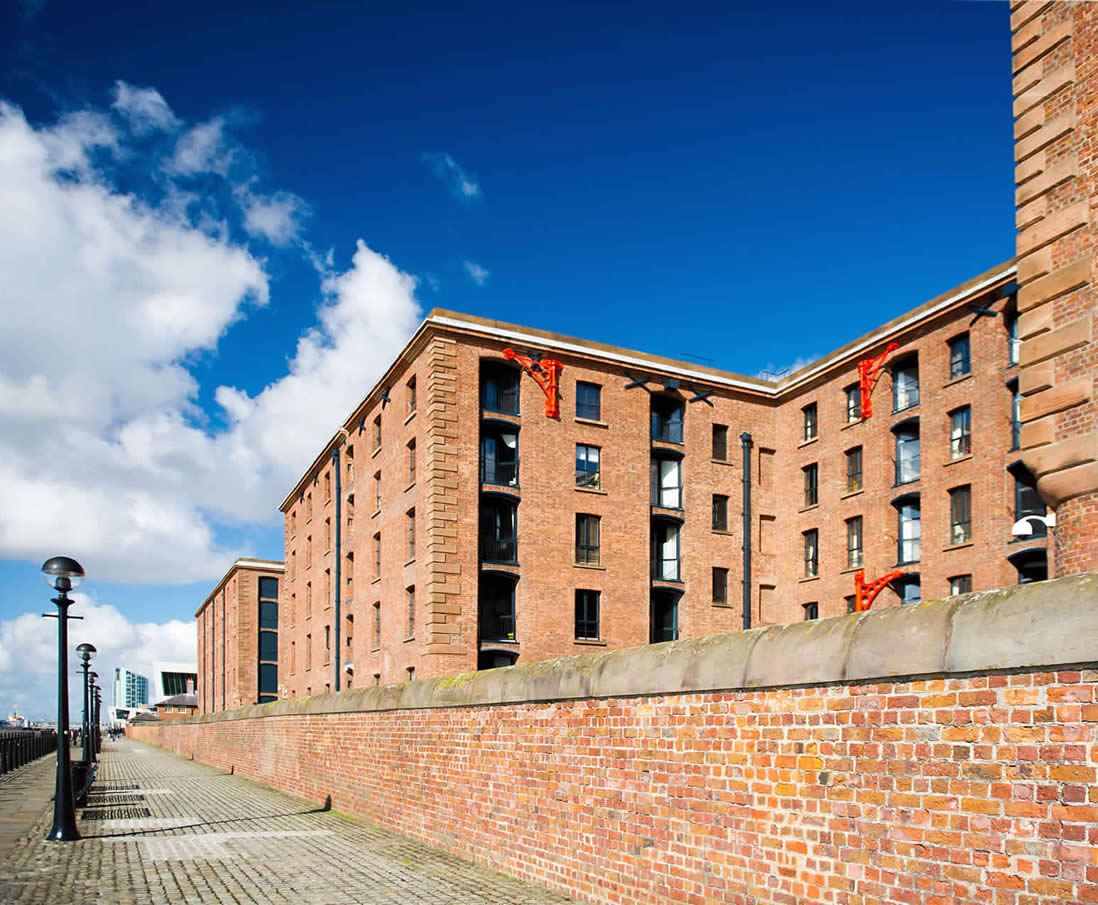Below Market Value Bridging Finance
If you’re buying property at a discount, a below market value bridging loan lets you maximise leverage and reduce capital outlay by borrowing against the open market value, not the price paid — potentially up to 100% of the purchase price.
Whether you’re a landlord, developer, or auction buyer, BMV bridging finance offers a fast, flexible way to fund discounted acquisitions across the UK.
Request a Callback.
What is Below Market Value Bridging Finance?
Below market value (BMV) bridging loans are short-term finance products designed for property investors purchasing at a discount. Unlike standard bridging, where lending is assessed against the purchase price, BMV bridging is structured using the property’s confirmed open market valuation (OMV) as the primary lending basis.
Where the OMV is supported by a RICS valuation and the lender is comfortable with the borrower’s exit strategy, funding of up to 100% of the purchase price may be achievable — and in some cases, certain fees and costs can also be included within the facility.
This valuation-led structure can significantly reduce, and sometimes remove, the need for a traditional cash deposit, helping investors retain capital for refurbishment and onward growth.

These below market value bridging finance deals allow seasoned investors to recycle capital faster, by refinancing based on the true OMV shortly after completing necessary refurbishments. When structured correctly, this can free up cash for multiple acquisitions within a short timeframe, accelerating portfolio growth without relying on high deposit inputs.
FAQs – Below Market Value Bridging Loans
💬 Do I always need a valuation for a Below Market Value loan?
💬 Can I borrow 100% of the purchase price?
💬 What rates can I expect?
💬 Is this suitable for first-time investors?
Many early-stage investors are held back by common misunderstandings around BMV funding structures.
👉 Read our myth-busting guide: BMV Bridging Loans – Myths & Misconceptions
💬 Can I use Below Market Value Finance for commercial property?
💬 What is a RICS valuation and why is it important?
💬 What’s the difference between OMV and purchase price?
Want to see real-world worked examples showing how this difference impacts borrowing power?
👉 View examples: How OMV Is Used in Below Market Value Calculations
💬 How long does it take to arrange a BMV bridging loan?
💬 How do I exit a below market value bridging loan?
💬 How do lenders assess a BMV deal?
WHY PROPERTY INVESTORS USE A BELOW MARKET VALUE BRIDGING LOAN
With the UK property market in flux, driven by inflation, interest rate changes, and fluctuating buyer demand. motivated sales and off-market discounts are becoming more frequent. In regions like the Midlands, the North East, and Central Scotland, investors are finding real value in below-market acquisitions that wouldn’t have existed 18–24 months ago.
Below market value bridging finance gives experienced buyers a mechanism to act quickly, and unlock opportunities that are otherwise inaccessible through traditional finance. The advantages include:
• Low capital input: Some lenders may offer up to 100% of the purchase price if the discount is strong enough.
• Speed: Bridging loans are designed for rapid completions, often within days.
• Flexibility: Useful when acquiring properties with defects, short leases, or unusual circumstances.
In the current climate, sellers, especially landlords exiting due to EPC requirements or rising costs, are more willing to accept discounted offers to achieve fast completion. A below market value bridging loan is often the only way to capitalise on these fleeting opportunities before they’re snapped up by cash buyers.
BMV BRIDGING FINANCE TRENDS 2025–2026
The UK below market value sector continues to evolve through 2025 and into 2026, shaped by EPC regulations, landlord exits, interest-rate pressure, and an increasing supply of distressed and post-auction stock. Investor strategies have adapted accordingly, with greater emphasis on refurb-to-refinance models and long-term capital recycling.
👉 Read our full analysis: UK BMV Property Trends – 2025–2026 Outlook
POPULAR USES FOR A BELOW MARKET VALUE LOAN
• Buying tenanted properties with rental upside
• Acquiring unmortgageable stock for refurbishment
• Securing discounted probate or inherited property
• Snapping up undervalued deals in competitive markets
• Assets being sold due to EPC compliance issues
• Pre-repossession sales
• Properties needing refurbishment
• Distressed landlord exits
EXPERT INSIGHTS AND STRATEGIES FOR BMV BRIDGING LOANS
1. Leverage RICS Support: Don’t submit “agent letters” — always back your application with a full RICS valuation and local sold comparables.
2. Use Exit-Backed Structuring: If possible, secure a refinance DIP before applying for the bridge — some lenders will accept this as part of their risk model and increase leverage.
3. Don't Overinflate Value: Lenders will apply their own valuation. Be realistic with OMV, over-promising leads to broken chains and lost fees.
Our clients use a below market value bridging loan to acquire discounted property across the UK — including Scotland, Wales, and all major English cities. While the structure is universal, lender appetite and loan terms can vary by location, property type, and borrower profile.
CASE STUDY — NEWCASTLE BMV STRATEGY
A discounted acquisition supported by OMV-based bridging funding allowed our client to achieve a complete capital refinance within six months.
👉 Read the full case study: Case Study: Newcastle BMV — OMV Discount Funding Structure
HOW LENDERS UNDERWRITE BMV DEALS
Lenders assess discount credibility, valuation evidence, exit viability, and borrower experience before approving OMV-based funding.
👉 Read our lender assessment guide: How BMV Bridging Deals Are Underwritten
RISKS AND DEAL CONSIDERATIONS WITH BELOW MARKET VALUE BRIDGING LOANS
While the benefits are compelling, a below market value bridging loan also comes with risks:
• Over-reliance on valuation: If the lender reduces the OMV after due diligence, funding shortfalls can arise.
• Higher interest rates: These loans are priced for risk and speed, expect higher monthly costs than conventional finance.
• Exit risk: Failing to repay the loan on time could lead to asset repossession. It’s essential to stress test your deal across multiple exit strategies, and be wary of inflated valuations that may look favourable on paper but fail to stand up to lender scrutiny.
HOW EVOLVE FINANCE CAN HELP
Below market value bridging loans are a specialism. Not all lenders or brokers support it, and fewer still understand how to structure it effectively.
At Evolve Finance, we work with a wide panel of development and bridging lenders across the UK, and we know which lenders will consider gross development value, open market value, or hybrid structures to support lower deposit deals.
Whether you’re acquiring a discounted flat in Bristol, a repossession in Sheffield, or a below-market value portfolio in Dundee, we’ll help:
• Package the deal with evidence of the genuine discount
• Present your case for lending against OMV where applicable
• Match you with lenders who fund creative, value-based transactions
To explore how a Below Market Value bridging loan could work for your next deal, speak to our team today. We’ll assess your project, review the valuation evidence, and connect you with lenders who understand how to fund BMV opportunities without delay.
HOW TO GET A BELOW MARKET VALUE BRIDGING LOAN
Step 1: Search for properties that cost less than their market value. You can often find these online, from motivated sellers, or in distressed listings.
Step 2: Evaluate Investment Potential. Calculate renovation costs, expected post-renovation market value, and local demand to assess viability.
Step 3: Approach an experienced broker that works with a broad range of specialist lenders and will prepare a detailed investment plan with exit strategies to secure favourable loan terms.
Step 4: Execute the Plan. Use the loan to buy and refurbish the property. Make sure to follow the project timelines and budgets.
Step 5: Repaying the bridging loan. Repayment may come from the property sale proceeds, longer term commercial mortgage finance or buy to let mortgage, or other sources. A strong exit plan is crucial to avoid penalties.
With the right property and strategy, these type of bridging loans can unlock significant potential and yield substantial returns. As with any financial decision, it's essential to consult with financial experts that are knowledgeable of the current lending criteria to navigate the complexities of the financing whilst ensuring a positive loan application and professional service.
WE SPECIALISE IN

Below Market Value Finance
When purchasing property using a bridging loan, the purchase price is typically used to calculate the Loan-to-Value (LTV) and the maximum loan amount available.
By borrowing against the purchase price, buyers can be restricted, particularly when acquiring property at a discount.
We offer a solution that leverages the Open Market Valuation, allowing developers and landlords to secure higher loan amounts with reduced cash outlay.
Our BMV Experience.

Bridging Loans
Award-winning bridging loans in Scotland with market leading interest rates and LTV's for property purchase and development projects.
Bridging is commonly used for Buy to Flip, BRRR and that situation where a quick completion is required.
Decision in principle in 4 hours and Fast Completion.
Our Bridging Loans Experience.

Why Use The Buy Refurbish Refinance Rent Strategy?
The Buy Refurbish Refinance Rent strategy is a popular investment technique commonly used by experienced landlords and developers.
The strategy is a great way to build a rental portfolio and maximise return on investment.
Our BRRR Loan Experience.
3 REASONS TO CHOOSE US FOR YOUR SOURCE FOR PROPERTY FINANCE.
Highly Experienced
We have over 30 years experience and can offer innovative financing methods for developers and landlords.


Services
We offer Bridging loans, Refurb & New Build Development Loans and Buy to Let Mortgages.

Quality Support
We'll keep you informed every step of the way, and if needed continue to support even after completion.


DOWNLOAD OUR FREE PROPERTY PROFIT CALCULATOR

We built the Property Profit Calculator App as an aid for Property Developers & Investors
We wanted to build an app that had a real convenience and benefit to others in our property and finance world.
The App is Forever Free to use with or without a funding requirement.
Easily assess the viability of your property project within 60 seconds, then if required, book a time slot to discuss your project with a funding expert.
WHAT OUR CLIENTS THINK ABOUT US - MATTERS
Absolutely delighted with the attention to detail provided and was never left wondering what was happening with my residential development bridging loan application, I saved over £1000 in legal fees, and it completed ahead of schedule. Happy Days.
Mr. C from Glasgow. Developer / Landlord.
JUST SOME OF THE LENDERS WE WORK WITH











